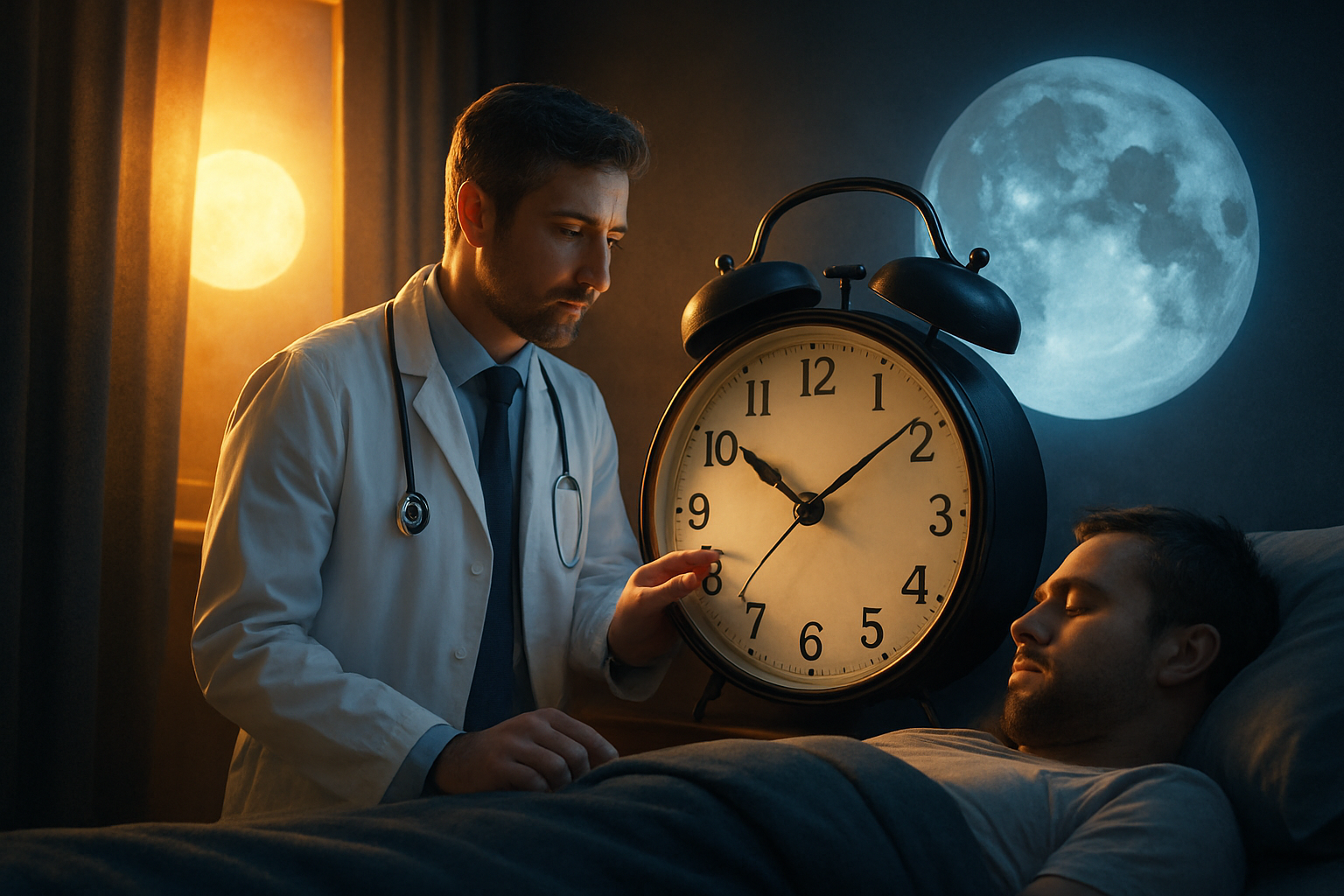Insomnia Treatment: Approaches and Care Options
Insomnia can range from occasional restless nights to chronic difficulty falling or staying asleep, and it affects daytime functioning, mood, and concentration. Understanding treatment options, lifestyle adjustments, and when to seek professional help can help people manage symptoms and improve sleep quality without relying on quick fixes or unverified claims.

This article is for informational purposes only and should not be considered medical advice. Please consult a qualified healthcare professional for personalized guidance and treatment.
How does insomnia affect overall health?
Poor sleep has measurable effects on physical and mental health. Chronic insomnia is linked to increased daytime fatigue, impaired cognitive performance, mood disturbances, and greater risk of conditions such as high blood pressure, metabolic issues, and weakened immune response. Addressing sleep problems early can reduce these risks. Simple changes—consistent sleep schedules, limiting caffeine, and exposure to daylight—support sleep health. Tracking sleep patterns or sharing them with a healthcare provider can help identify whether symptoms stem from lifestyle factors, medical conditions, or other sleep disorders.
What treatment options exist for insomnia?
Treatment typically combines behavioral strategies with targeted interventions. Cognitive behavioral therapy for insomnia (CBT-I) is widely recommended and focuses on changing thoughts and behaviors that interfere with sleep. Other behavioral approaches include stimulus control (reassociating the bed with sleep), sleep restriction (limiting time in bed to consolidate sleep), and relaxation techniques. For some people, brief courses of medication or adjunctive therapies such as light therapy or chronotherapy may be used. Effective care often starts with an assessment to identify contributory factors like pain, breathing problems, or mood disorders.
Why am I still tired despite sleeping?
Feeling tired despite getting time in bed can reflect poor sleep quality rather than insufficient duration. Fragmented sleep, untreated sleep apnea, restless leg syndrome, medications, chronic pain, or mood conditions can all produce unrefreshing sleep. Lifestyle contributors such as irregular schedules, late-night screen use, or alcohol near bedtime also degrade sleep architecture. Keeping a sleep diary for a few weeks and noting daytime tiredness patterns helps clinicians determine whether the complaint is insomnia or another sleep disorder requiring different treatment approaches.
When is medicine appropriate for insomnia?
Medicine can be appropriate for short-term relief while behavioral treatments take effect or when insomnia causes severe impairment. Prescription sleep medicines, certain sedating antidepressants, or melatonin agonists may be used under medical supervision. However, medications carry risks: side effects, next-day drowsiness, tolerance, and dependence for some drug classes. Current guidance favors using medication as part of a broader plan that includes CBT-I and sleep hygiene, especially for persistent or recurrent insomnia. A clinician can weigh benefits and risks, consider contraindications, and set a plan for duration and follow-up.
How can a therapist support better sleep?
A trained therapist, especially one certified in CBT-I, helps identify cognitive patterns—like worry about sleep—that perpetuate insomnia. Therapy sessions teach practical skills: restructuring unhelpful beliefs about sleep, applying stimulus control and sleep restriction, and training relaxation and mindfulness techniques. Therapists also screen for comorbid mental health issues such as anxiety or depression that often coexist with insomnia and may coordinate care with physicians. Accessing a therapist for insomnia can be done through local services, sleep clinics, or mental health providers; many offer in-person or telehealth options.
Conclusion
Insomnia treatment usually involves a combination of behavioral strategies, targeted therapies, and, when appropriate, medication supervised by a clinician. Prioritizing sleep hygiene, addressing contributing medical or psychological issues, and working with trained providers such as therapists or sleep specialists improves the chance of lasting benefit. Because causes and responses to treatment vary, individualized assessment and follow-up are important to achieve restorative sleep and reduce daytime tiredness.






